On September 28, Boao Forum for Asia (BFA) held the Second Conference of International Science, Technology and Innovation Forum (ISTIF). As a major forum of the conference this year, the session “Genetic Engineering and Biomedicine” was successfully held.
The session was held in an interconnected format between Hong Kong and Guangzhou, with Xinhua Lin, Dean of the School of Life Science at Fudan University, the Director of the State Key Laboratory of Genetic Engineering and Executive Director of the Greater Bay Area Institute of Precision Medicine, as the host of the Guangzhou venue. More than 10 representatives from politics, business and the academy, through online and offline interactions, exchanged views on industry trends, technology practices, talent cultivation and future visions of genetic engineering and biomedicine, to further promote the cooperation and communication between Hong Kong and Guangzhou in the field of innovation and technology.
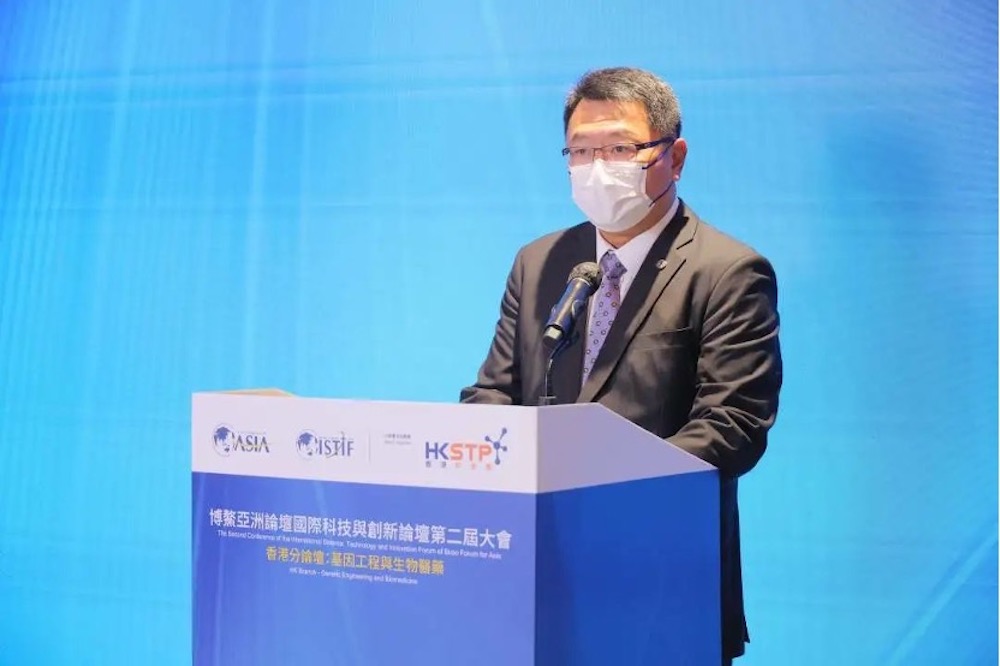
Ngai-Chiu Cha
Ngai-Chiu Cha, Chairman of Hong Kong Science and Technology Parks Corporation (HKSTPC), representing the organizer of ISTIF, stated that the Science and Technology Park has established close relationships with leaders in industry, academia and policies to build a unique innovation and technology ecosystem, which supports local and international biotech companies to connect with a full range of industry resources and investment platforms. "In the past five years, the number of biotech companies in the Park has tripled. We look forward to gathering talented professionals from Hong Kong, the Greater Bay Area and across Asia to use technology for a better future and improve the lives of people around the world".
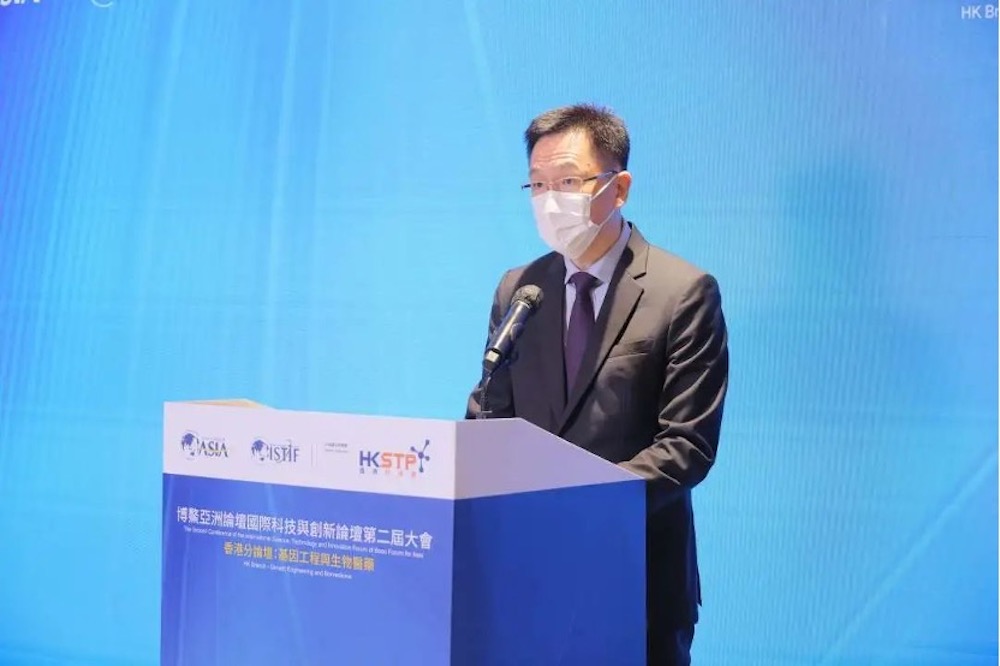
Dong Sun
Dong Sun, Secretary of the Innovation and Technology Bureau of the Hong Kong SAR Government, pointed out during the keynote session that in terms of financing, Hong Kong has now become the No. 1 biotechnology capital raising center in Asia and the second largest in the world since the implementation of a new listing system in 2018. In recent years, the Central Government has launched a number of measures to benefit Hong Kong’’s science and technology, achieving an important breakthrough in the exchange and integration of innovation factors between Hong Kong and Mainland China.
In Sun’’s speech, he mentioned that at present, Hong Kong and Shenzhen are jointly promoting the construction of the Shenzhen-Hong Kong Science, Technology and Innovation Cooperation Zone in the Loop to realize "one zone and two parks" on both sides of the Shenzhen River. The Hong Kong Science and Technology Genetic Project also launched the Greater Bay Area Institute of Innovation and Technology and the Greater Bay Area Innovation and Technology Express in July 2022 to nurture start-ups and support technology enterprises in acquiring foreign investment and moving globally. In addition, the Shenzhen branch of the Hong Kong Science and Technology Park is also expected to be in place around the end of this year.
Pengtao Liu
Pengtao Liu, Professor of the Li Ka Shing Faculty of Medicine and Director of HKU Centre for Translational Stem Cell Research, started from the scientists’’ years of research on mouse embryonic stem cells and gave an in-depth introduction on the research progress of the new totipotent stem cells and their application in translational medicine. Unlike the general embryonic stem cells, the expanded potential stem cells developed by the research center possess better developmental potential, which are easier to culture in vitro and to gene-edit, with great genetic stability.
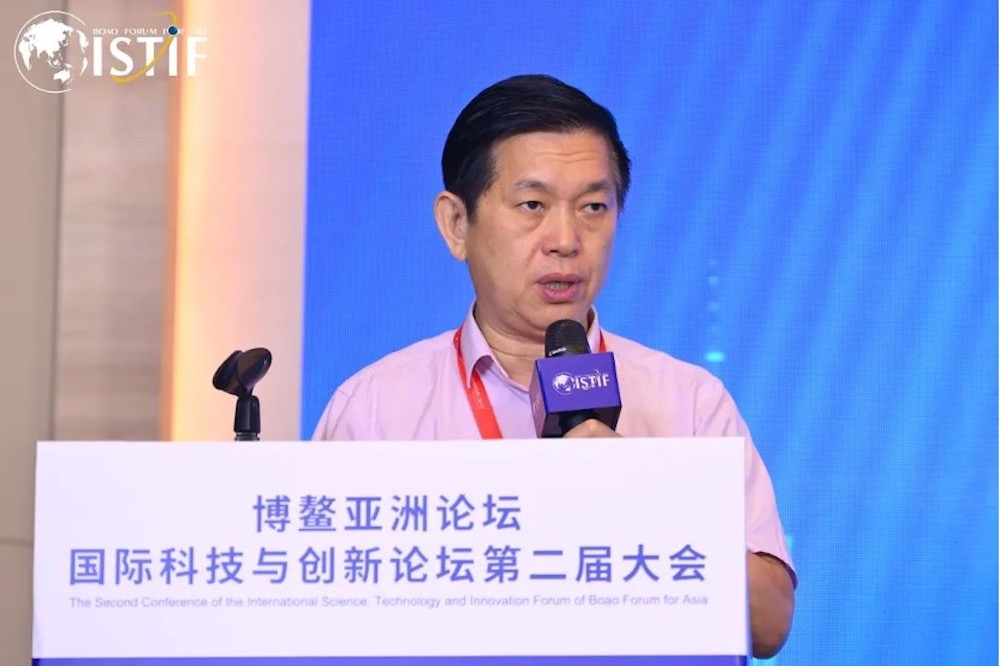
Xinhua Lin
Xinhua Lin, Dean of the School of Life Sciences at Fudan University, Director of the State Key Laboratory of Genetic Engineering, and Executive Director of the Greater Bay Area Institute of Precision Medicine (Guangzhou) introduced the applications and prospects of organoid technology in biology and precision medicine. As he indicated, organoid can be regarded as a revolutionary model for biomedicine. In biomedical research, organoid can be used to establish various disease models, perform gene editing and so on. More importantly, it can be used for joint multi-omics analysis to study disease development mechanism, host-microbe interactions and so on.
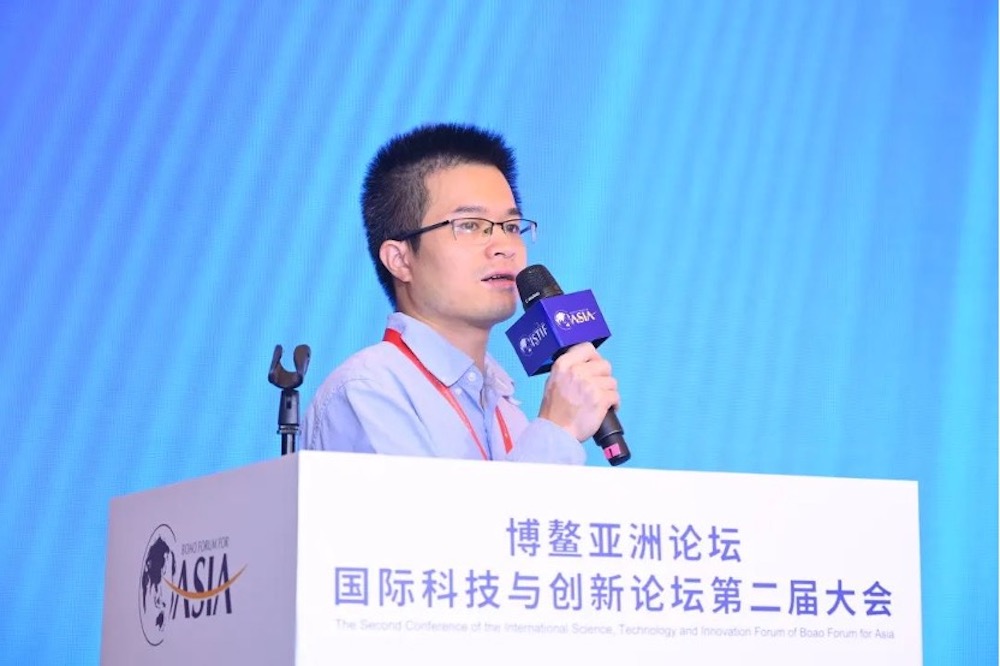
Zhijian Zuo
Zhijian Zuo, co-founder and deputy general manager of CureMed Biomedical Technology Co., Ltd. introduced cyclic RNA from platform construction to application development and reported that the cyclic RNA loop-forming framework developed by his team with independent intellectual property rights has successfully realized the scalable production and high-purity purification process of cyclic RNA.
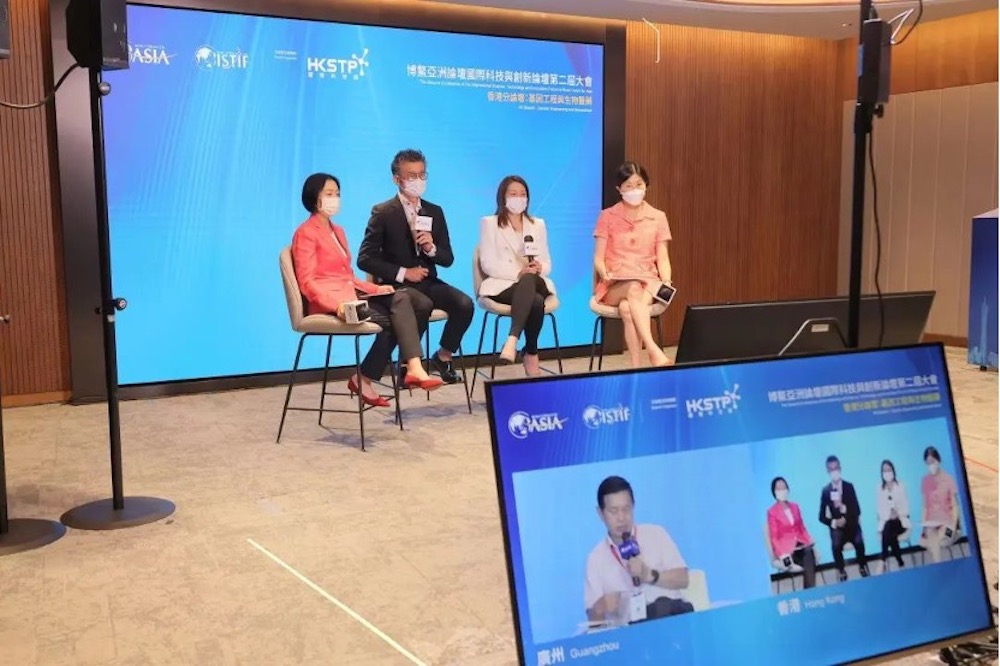
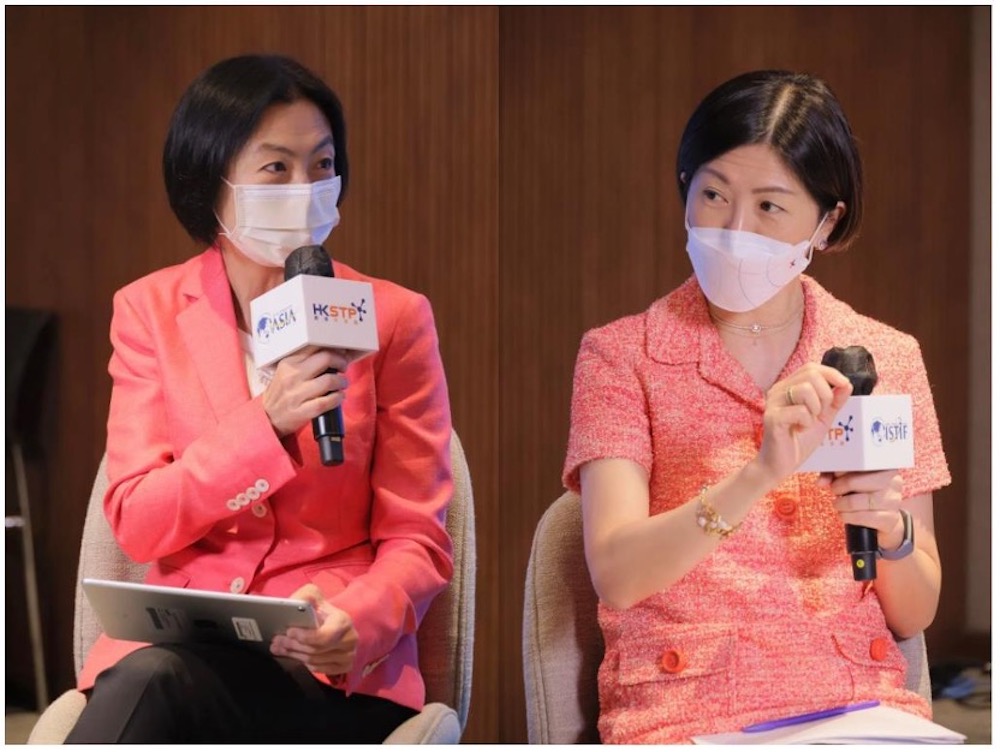
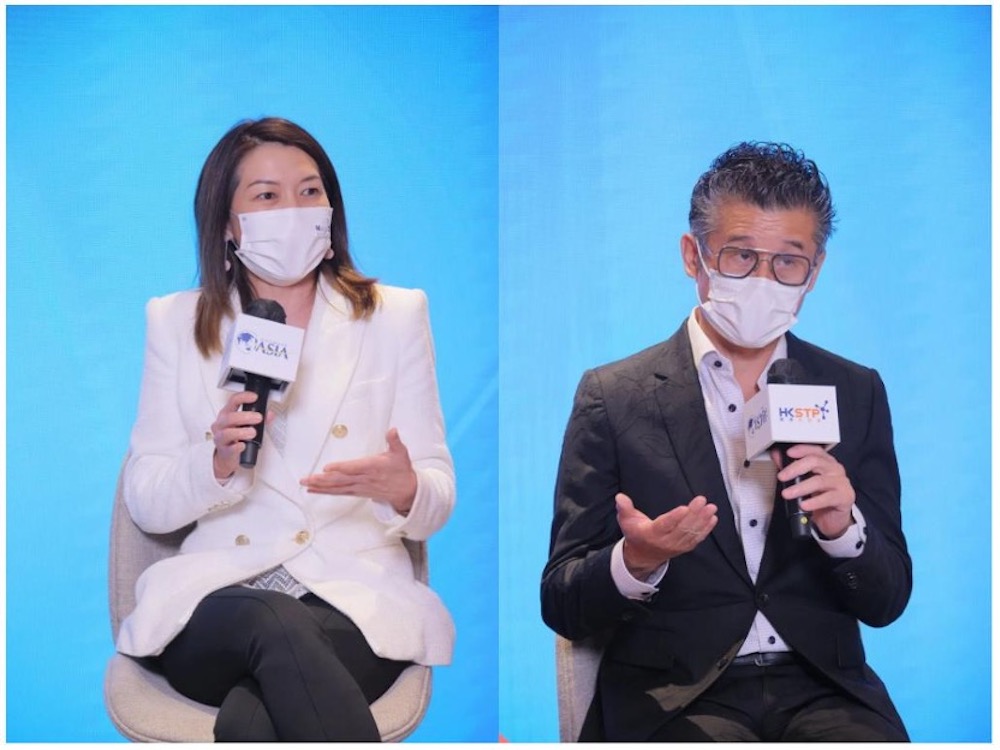
The discussion session included guests Sze-Nga Lau, Senior Director of the Translational Research and Development Institute of Hong Kong Science and Technology Parks Corporation (HKSTPC), Siew-Chien Ng, Director of the Hong Kong Microbiota Innovation Centre and Co-Founder of Advanced Microbial Technology Limited, Bonnie Chan, Head of Listing of Hong Kong Stock Exchange, Shu-Kam Mok, Head of Department of Oncology, Faculty of Medicine, The Chinese University of Hong Kong, and Xinhua Lin. Guests shared their insights on further leveraging the unique advantages of Hong Kong’’s biomedical industry, promoting industrial transformation and upgrading, and facilitating the sustainable development of talent and innovation science.